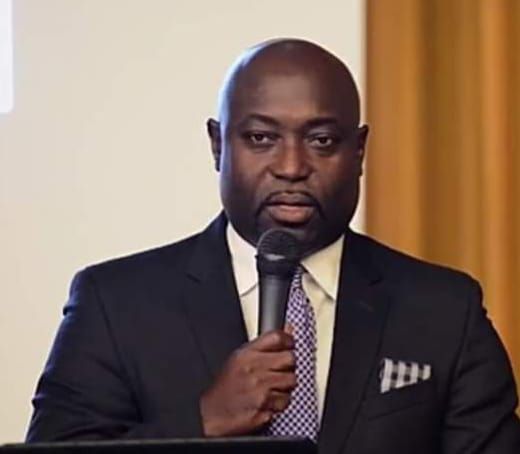
Following the recent presidential and parliamentary elections, concerns over the high cost of running for political office in Ghana have resurfaced.
Amid discussions on political funding, Pul Ghana spoke with Mr William Nyarko, Executive Director of the Africa Centre for International Law, about this growing challenge and its implications for governance and democracy. He emphasised the urgent need for a comprehensive framework to regulate campaign financing, warning that the current unregulated environment fosters corruption.
A Growing Financial Burden
Running for Parliament in Ghana is not only a test of political resolve but also an increasingly expensive endeavour. Since the inception of the Fourth Republic in 1993, the influence of money in politics has risen dramatically. A 2018 study by the Westminster Foundation for Democracy and the Ghana Centre for Democratic Development (CDD) revealed that the cost of running for office increased by 59% between 2012 and 2016.
By 2022, CDD estimates indicated that running for a parliamentary seat required an average of GHC 4 million. This expenditure is divided roughly equally between nurturing a constituency and campaigning during both the primaries and the general election.
Mr Nyarko, who authored the 2022 study, disclosed to Pulse Ghana that these costs have continued to rise in recent years. He attributed this trend to changing voter expectations:
Voters demand inducements from the candidates, and candidates believe that once they have the money, they can give gifts and money in order to secure the vote. The rising cost of politics is an interplay between demand and supply.
Personal Financing and the Debt Trap
The 2018 Westminster Foundation study found that personal income is the primary source of campaign funding for most candidates, creating a system where individuals shoulder the financial burden of their campaigns.
This dependence on personal resources often drives candidates into debt before they even assume office. The CDD’s 2022 study warns that this financial burden poses significant risks to governance, as candidates may resort to illegitimate means, such as embezzling state funds, to repay their debts.
The Role of Campaign Financiers
When personal funds prove insufficient, candidates turn to campaign financiers. Mr Nyarko explained:
Candidates also have campaign financiers—wealthy individuals with deep pockets who invest directly in campaigns. These financiers often give money directly to candidates, ensuring that they know who provided the funds and therefore expect favours in return.
This practice raises serious concerns about accountability and transparency. Much of this funding is provided in cash, leaving its sources untraceable. Mr Nyarko cautioned.
Candidates who receive funds from individuals involved in illicit activities, like illegal mining, may feel compelled to protect these interests once in office, preventing effective action on critical issues.
The Voter’s Role
Mr Nyarko urged voters to reconsider their role in perpetuating this costly system:
Voters should understand that when they take money or gifts from a candidate, they are taking away from roads that need to be constructed or other public services that need to be improved.
This expectation of financial inducements only exacerbates the problem. Candidates often recoup campaign expenses through taxes by awarding inflated, single-sourced government contracts to their financial backers, further depleting public resources.
Disproportionate Impact on Women and Youth
The financial barriers to entry into politics disproportionately affect women and young people, who often lack the resources to compete. Mr Nyarko observed:
Women and young people can’t raise the sort of money that needs to be raised in order to run for political office. This prevents the fair and proportionate representation of society from Parliament.
As a result, Ghana’s political arena remains dominated by the economic and political elite.
The Call for Reform
While the Political Parties Act regulates party funding, it does not address how individual candidates raise and spend money. Mr Nyarko called for urgent reform:
We need a campaign finance framework that limits how much an individual can contribute to a party or candidate annually. Furthermore, all transactions should be conducted electronically to ensure traceability and transparency.
He stressed that these reforms are essential to curb the monetisation of politics and ensure a more equitable democratic process. Without such measures, he warned, the rising cost of running for office will continue to undermine the integrity of Ghana’s political system.
The unchecked costs of political campaigns in Ghana have far-reaching implications for governance, transparency, and inclusivity. As the nation prepares for future elections, the need for a comprehensive campaign finance framework has never been more pressing.
Read Full Story
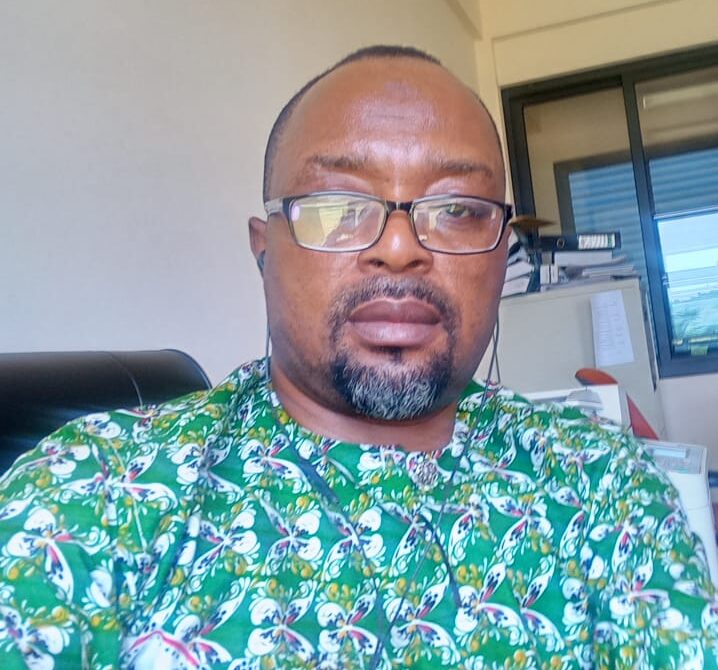

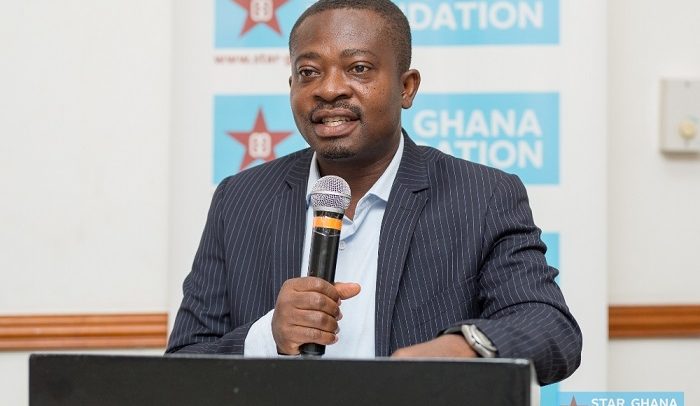
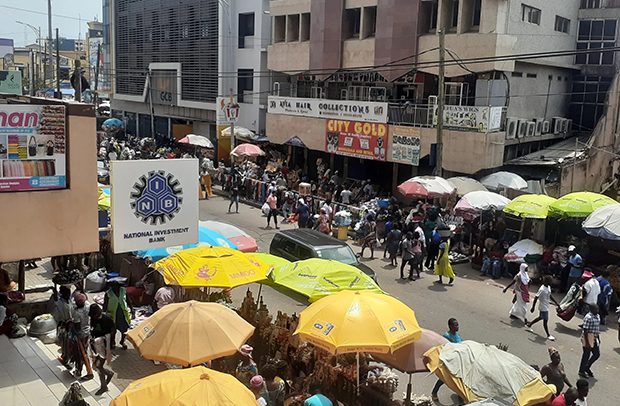




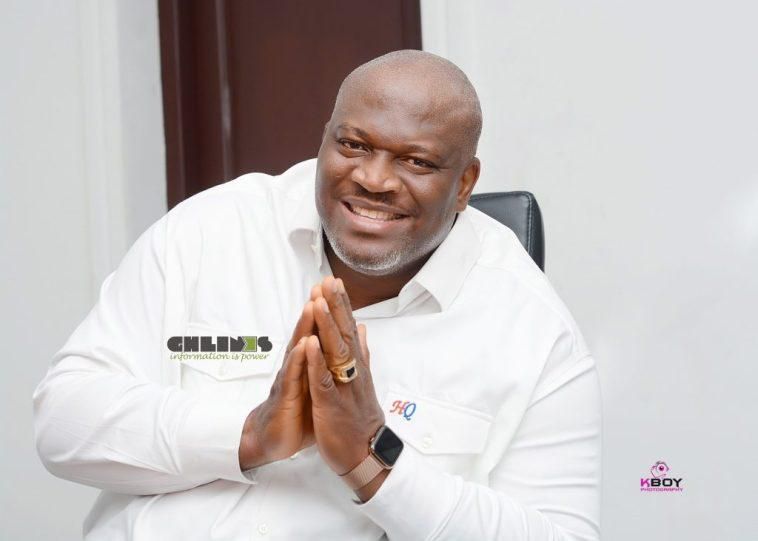
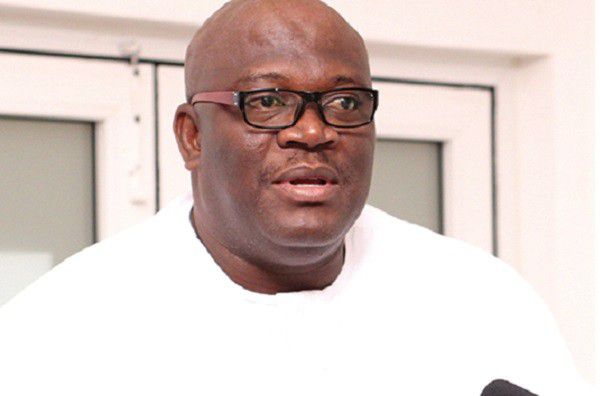
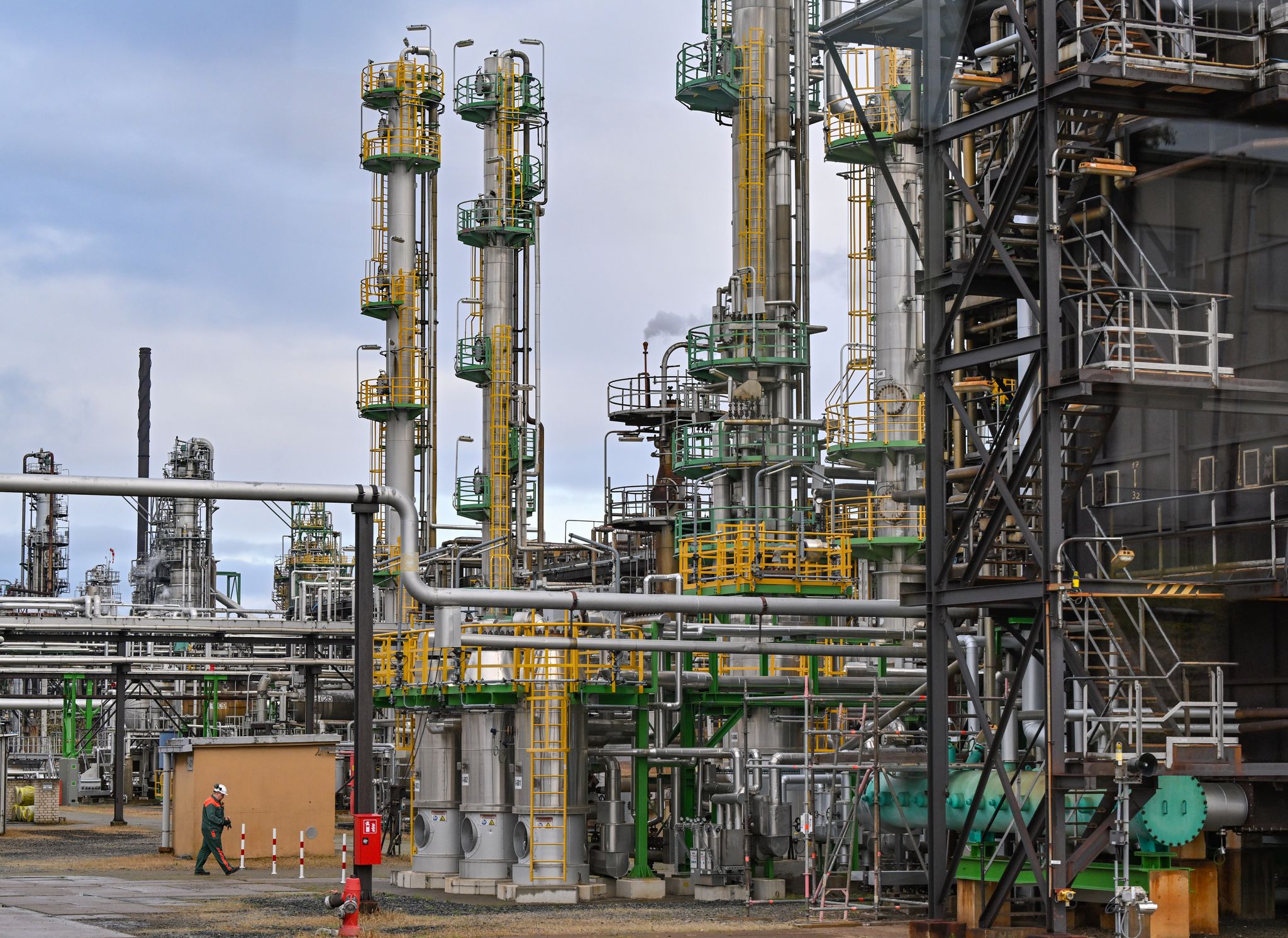
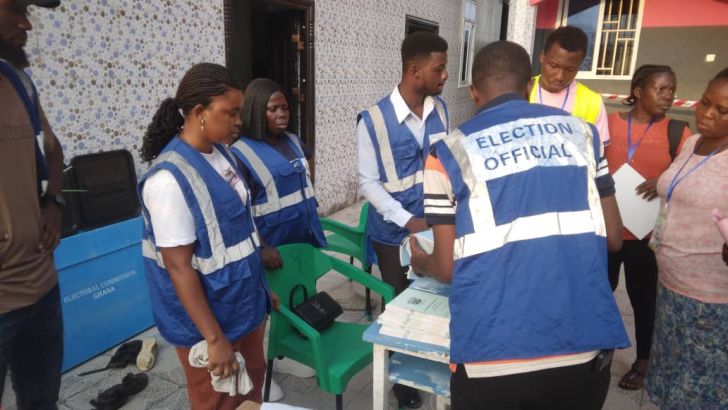

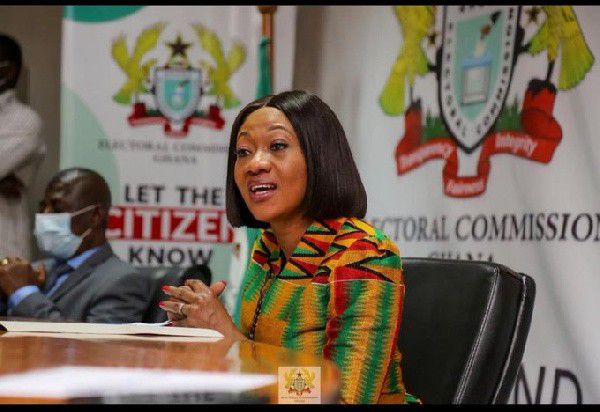

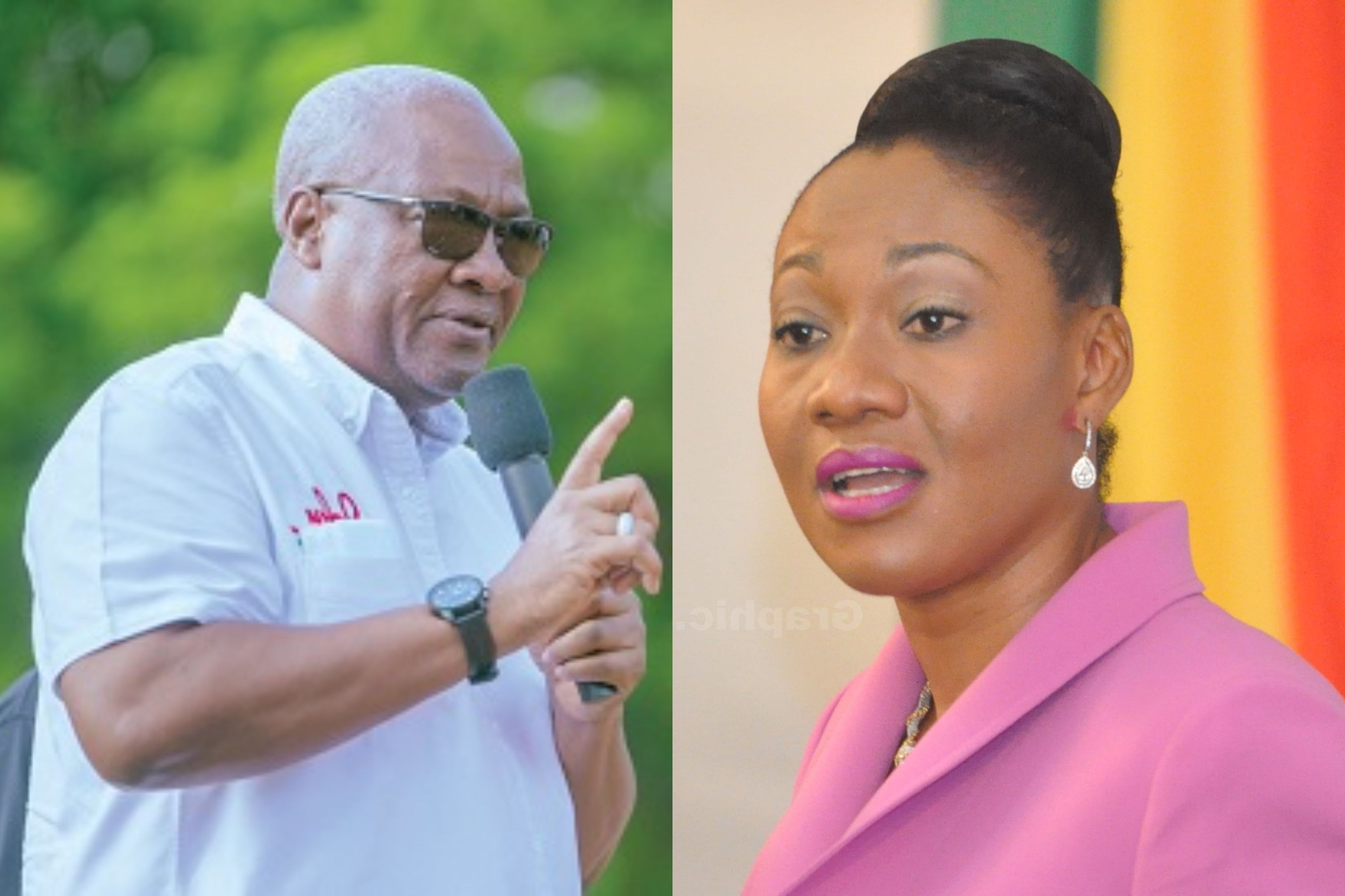
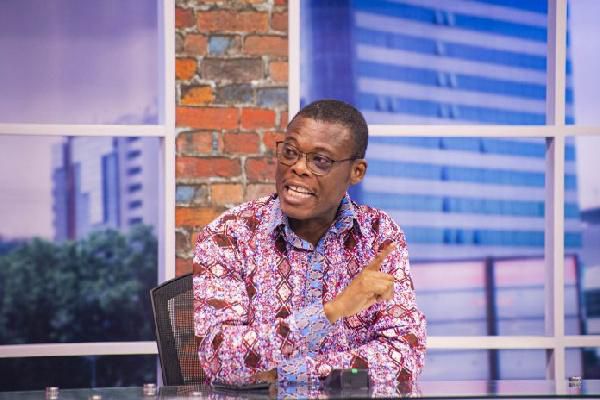
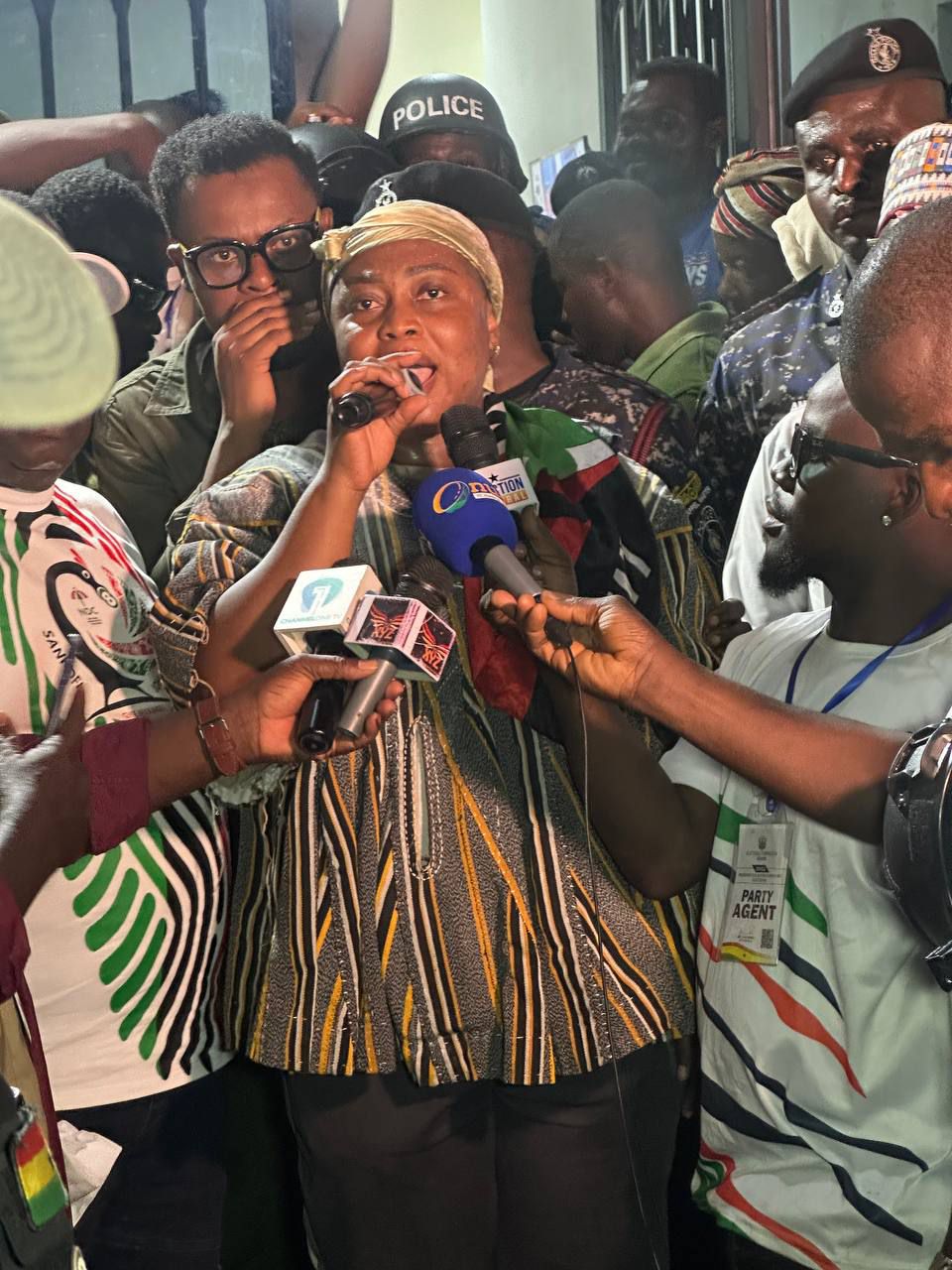



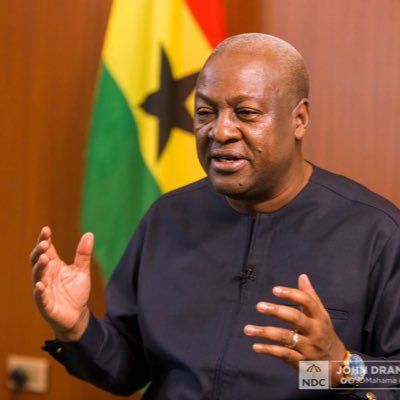
Facebook
Twitter
Pinterest
Instagram
Google+
YouTube
LinkedIn
RSS